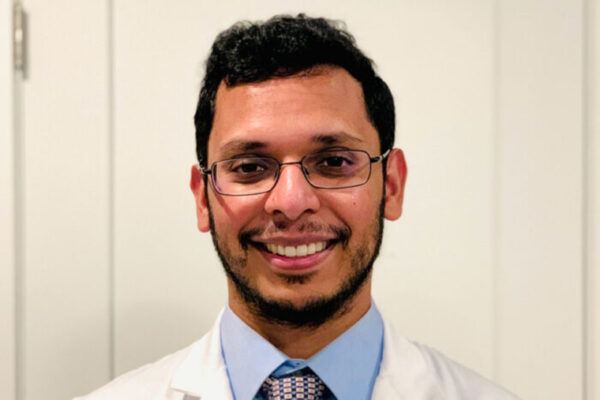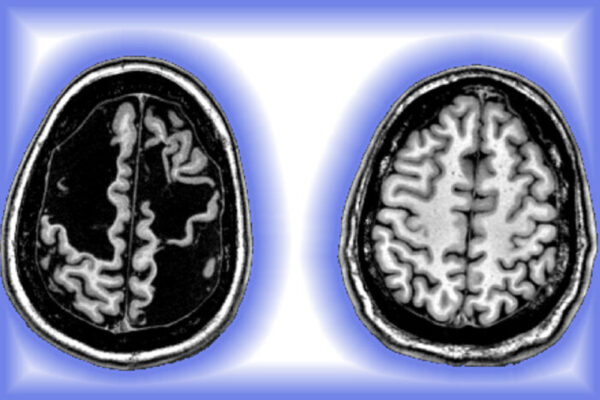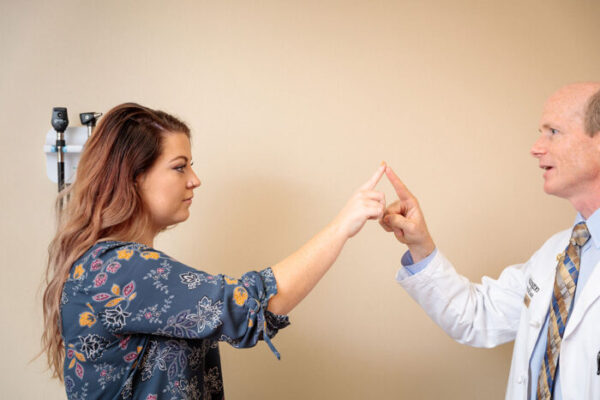COVID-19 transmission rare in schools with safety measures
Wearing masks, social distancing and frequent hand-washing have kept in-school COVID-19 transmission low, according to results of a pilot study in Missouri involving the School of Medicine.
Can changes in driving habits predict cognitive decline in older adults?
Researchers at the School of Medicine have received three grants totaling more than $10 million to study the factors that contribute to deterioration in driving skills in older adults and to determine ways to identify people whose driving skills have begun to decline or are on the verge of slipping.
Medical student receives fellowship to study skin microbiome, diseases
Faisal Ahmad, a second-year medical student at Washington University School of Medicine in St. Louis, is one of 55 recipients of a $5,000 summer research fellowship from the Alpha Omega Alpha National Honor Medical Society.
Brain rewires itself after injury ‘on the edge of what’s compatible with life’
Nico Dosenbach, MD, PhD, at the School of Medicine, conducted research over six years on a patient who suffered a stroke as a newborn. The case study show “the brain’s remarkable resiliency to rewire itself.”
Big Ideas program seeks applications
The Big Ideas 2021-2022 competition is open. The program provides opportunities for collaborative teams to develop innovations in informatics and health-care delivery The deadline to submit a letter of intent is March 29.
International Alzheimer’s clinical trial to test tau drugs
A worldwide clinical trial aimed at finding treatments for Alzheimer’s disease has expanded to include investigational drugs targeting a harmful form of the brain protein tau. The trial is led by Washington University School of Medicine.
Foodborne fungus impairs intestinal wound healing in Crohn’s disease
A foodborne fungus that is harmless to most people exacerbates gastrointestinal symptoms in people with Crohn’s disease by preventing intestinal ulcers from healing, according to a new study from the School of Medicine and the Cleveland Clinic.
One pandemic year later, what’s next?
As we mark the one-year anniversary today of the World Health Organization first declaring a global COVID-19 pandemic, Washington University in St. Louis experts, including from its School of Medicine, look both back and ahead.
Joining forces to tackle a public health challenge
Researchers at Washington University School of Medicine in St. Louis and the Brown School are working together to decrease the burden of COVID-19 on a vulnerable group. The School of Medicine will offer 50,000 saliva tests for the SARS-CoV-2 virus to students, teachers, and staff in the six special education schools operated by the Special School District of St. […]
Promising role for whole genome sequencing in guiding blood cancer treatment
A new study from the School of Medicine shows that whole genome sequencing is at least as accurate — and often better than — conventional genetic tests that help determine the treatment for a patient’s blood cancer.
Older Stories









